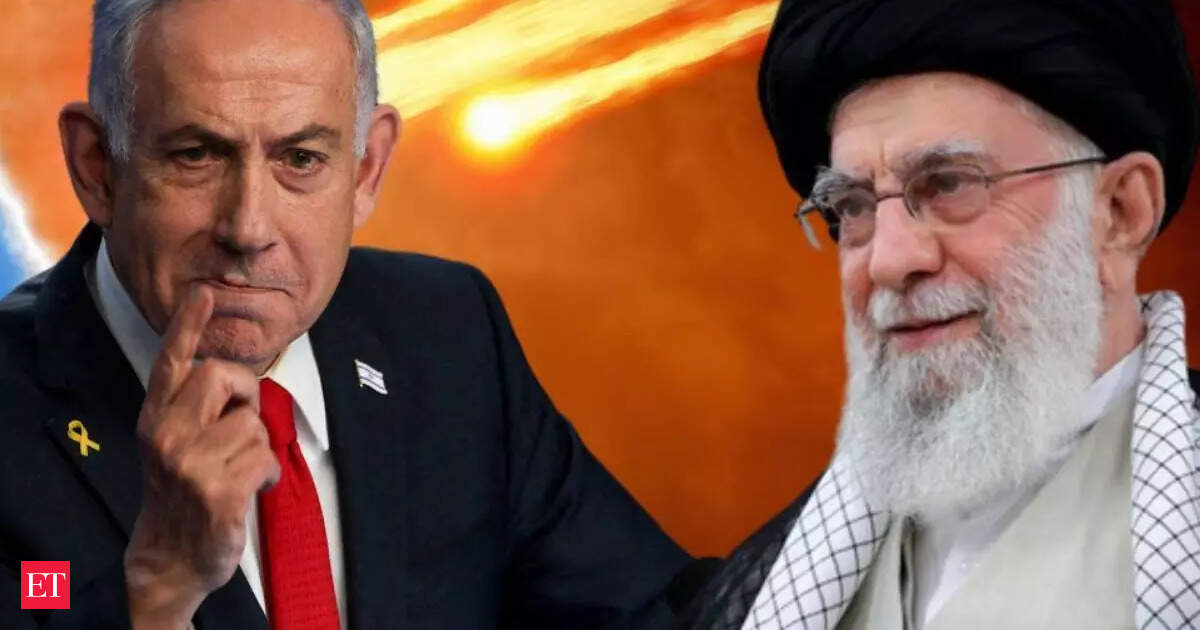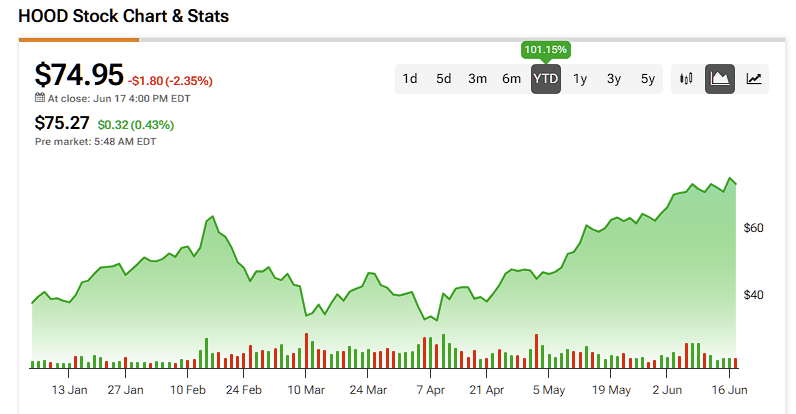
As tensions between Iran and Israel continue to escalate, fears about the potential for a broader international conflict have begun to mount. Though World War III is not currently a reality, analysts and observers are closely monitoring developments in the Middle East as they speculate on the potential involvement of major global powers, including the United States.
Recent hostilities between Iran and Israel have intensified in both rhetoric and action, with military exchanges and diplomatic breakdowns raising the specter of further escalation. The United States, a key ally of Israel, and other significant global actors are closely watching the situation, with concerns growing that an inadvertent or deliberate widening of the conflict could draw in additional nations, increasing the risk of a more generalized war.
Experts point to the complex web of alliances and historic tensions in the region as contributing to the risk. Should the conflict spill into neighboring countries or provoke responses from other major powers like Russia or China, the situation could rapidly deteriorate.
Despite these apprehensions, diplomatic efforts are ongoing behind closed doors to de-escalate tensions and prevent an all-out war. International organizations, including the United Nations, have called for restraint and urged both parties to return to dialogue.
Global leaders remain cautious but are preparing for a range of contingencies. The situation underscores the urgent need for sustained peace efforts in the region and a collective commitment to preventing another large-scale global conflict.
Source: https:// – Courtesy of the original publisher.








